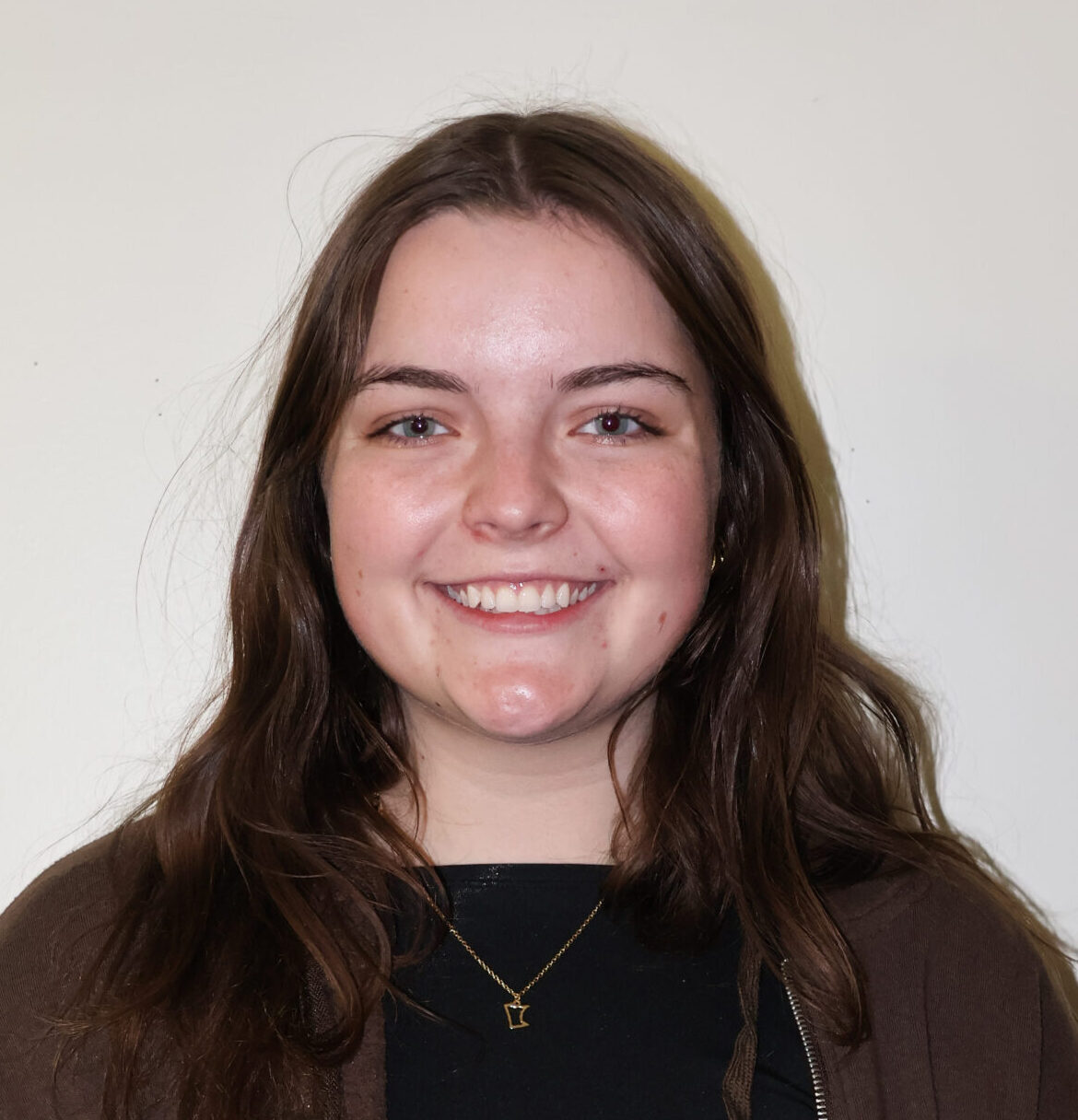Loyola’s Athletic Department hosted a celebration of National Girls and Women in Sports Day Feb. 15, giving young girls a chance to get exposure to a variety of different sports.
Loyola Athletics Celebrates the Importance of Women in Sports
The Athletics Department celebrated National Girls and Women in Sports Day Feb. 15 in the Alfie Norville Practice Facility with 250 children trying out a wide range of club and Division I sports while being supported by student-athletes.
Loyola women’s basketball head coach Allison Guth said representation within sports is important, especially for female athletes.
“There is power in empowering women through this,” Guth said. “We’re playing for something huge. It’s about people and representation. It’s about little girls seeing us, but it’s also about our sons looking up to women and wanting to be like one of our players and buying her jersey and wanting to play like her — because we’re basketball players first and not just women.”
Female athletes are generally paid less, broadcast less and are more often pitted against one another, according to Forbes. The U.S. Women’s National Soccer team has won four Olympic gold medals and three World Cups, and yet they’re paid just over a third of what the men get paid.
Women’s volleyball second-year middle Avary Deblieck said it’s difficult to be a female athlete in a world where men’s athletics is so valued, which makes it harder to prove equal competitive levels with men’s sports.
More than one million girls “fall out of love” with their sport when they’re teenagers, due to fears of being judged, not being good enough and low confidence levels, according to the organization Women in Sport.
Women’s soccer fourth-year defender Emmie Roberts said she had to grow into her confidence as a student-athlete, as being a fierce competitor and having confidence as a female isn’t always looked at positively.
“I think as far as some challenges for me, I am 5’1″,” Roberts said. “I’m naturally smaller, as are a lot of females compared to men. So I think I haven’t always been taken seriously just because of my size, and I’m not supposed to be naturally athletic or have those skill sets because I am smaller. So battling that inner stereotype too.”
However, women’s sports have been on the rise over the past few years, and viewership is only growing. Many women’s sports have been broadcasted on a bigger stage, and viewership has nearly tripled in the past five years, according to Forbes.
Guth said there’s a cultural shift happening in sports, where women’s sports are being broadcast as their own independent events and not as entertainment for men.
Women’s volleyball second-year defensive specialist Jordan Bruckner said the increased advertisement of women’s sports has boosted her opportunities to continue playing professionally after college.
Bruckner said defying the stereotypes of girls not being strong or needing to look a certain way is really important.
“When voices are being heard and bodies are being seen that aren’t just what we’re typically shown as young girls, that really empowers girls to feel more confident in themselves,” Bruckner said. “It also helps build good relationships with healthy habits like exercising and playing sports.”
A report by Kaneland Krier found a higher percentage of male viewers chose to watch male athletics because they were perceived to be more talented.
Guth said she wants her team not to be viewed as another part of just women’s basketball, but simply as high-level basketball.
Ilona Maher, Gabby Douglas and Catlin Clark are a few of the female athletes many at the event said they look up to. Bruckner said Douglas, the gold-medal gymnast — also a woman of color — was amazing to look up to when she was young.
Guth said having strong women raising and inspiring the next generation is crucial.
“When you are able to be coached by strong females, you get to see yourself in them and you get to really think about how you could become that one day,” she said.
-

Molly Hanley is a first-year student studying political science and film and is originally from Saint Paul, MN. This is her first year on staff with The Phoenix as a staff writer. When not writing, she enjoys watching soccer with her dad, playing volleyball, baking various sweet treats and reading ridiculously long books.
View all posts
Topics
Get the Loyola Phoenix newsletter straight to your inbox!


